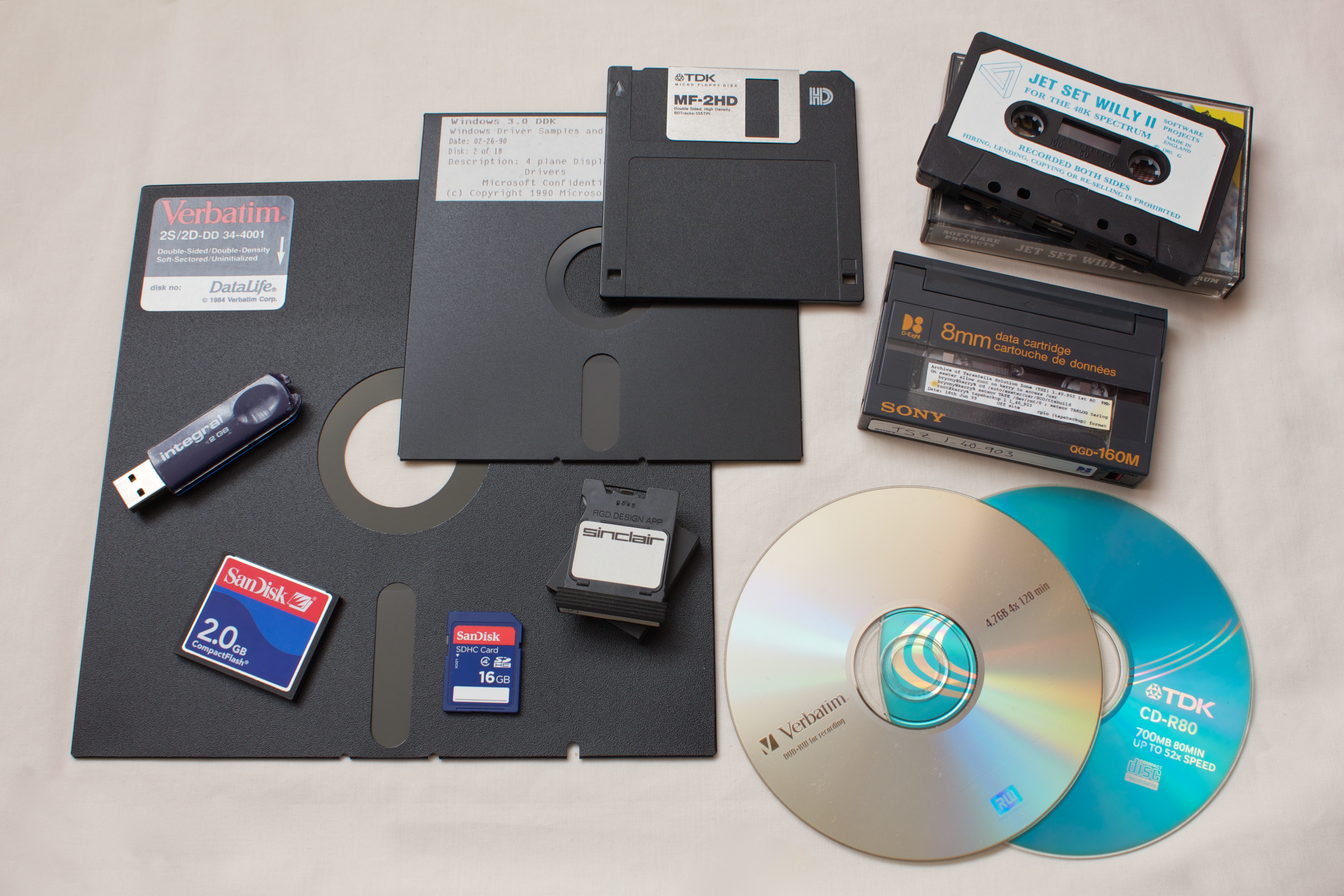Guest Post: How to Archive Financial Documents while Saving Space and Time
Today’s guest post comes from Craig Hollingum. Craig has been in the Document Imaging business for well over half of his life. He has been involved in Micro Com Systems Ltd. (based in Vancouver and Seattle) on an evolutionary path as an employee/partner/sole owner since 1982, so he knows the business!
If you’re like most people, then you probably don’t enjoy such bureaucratic processes as filing and archiving financial documents. The problem is that such dislike for paperwork often causes you to simply shelf documents in one of your drawers or file cabinets without organizing them. Needless to say, this isn’t the most efficient way of going about your business. So, how do you archive your financial documents such that managing them becomes a lot easier? Read on to find out.
Perhaps the first thing you need to know is exactly which financial documents should you keep and for how long? Here is a quick run-down:
- Tax-related Records: You may keep these documents for about seven years before discarding.
- IRA Contributions: These documents need to be kept permanently.
- Retirement Plan Statements: Quarterly statements need to be kept until your annual statement arrives. Check if the numbers match and if they do, you can discard the quarterly statements. The annual statements need to be kept permanently.
- Bank Records: Bank documents that aren’t that important can be kept for a year before discarding. Important bank documents should be kept permanently.
- Brokerage Statements: These documents should be kept until your sell the securities, at which point your can discard the documents.
- Bills : Most bills can be discarded once they’re paid in full or when you receive a cancelled check. For big items such as a car, however, it’s best to keep the bills permanently.
- Credit Card Receipts: These receipts can be kept only until you can reconcile them with your statements, at which point you can discard the receipts and keep the statement for seven years before discarding.
- Paycheck Stubs: You need to keep these until you get your annual tax statements.
- House Records: These documents need to be kept permanently.
Bear in mind that the best way to discard financial documents when you no longer need them is to shred them first before throwing them out with the trash. Now that you know which financial documents to keep and for how long, here are some tips on how you can effectively archive these documents:
1. Choose Your Medium
You can discard most bills when they’re paid in full or when you finally get a cancelled check. Flickr.com photo by wrestlingentrop
You need to take into consideration the fact that your financial documents will be stored for a long period of time. This makes it imperative for you to choose an archiving medium that can last for as long as you need your documents. If you choose to keep your files in tapes, remember that tapes of the best quality last for just about ten years. This means you may have to transfer the files to new tapes or to another medium before the ten years are up. Optical storage devices may be a better option for documents that need to be kept permanently, since these can last for an indefinite period.
You should also consider the accessibility of your chosen storage device a number of years from now. To illustrate, there are people who stored important documents in zip disks several years back. These disks are now practically extinct and you’ll most probably have a hard time trying to retrieve data from a zip disk, if you can retrieve them at all. Of course, there’s really no way you can predict which device will last. It may be a good idea to transfer your files to a newer device every ten years or so.
 2.Choose a Data Format
2.Choose a Data Format
The application you use today to archive your financial documents may no longer be supported ten years from now. There have been many cases where archived files can no longer be recovered because the format used has become obsolete. To avoid such a problem, you could archive copies of your chosen installation media and the necessary license keys along with the data itself.
3. Set Up a Retrieval Method
Bear in mind that there’s always a possibility that you’ll need to refer to some of your archived files from time to time. This is why you need to devise an efficient retrieval system for your archives. For example, if you choose to store your files in tapes, you need to make sure the tapes are properly indexed. This makes it a lot easier to locate files that have been indexed years ago. The good news is that there is now plenty of archival software that simplifies the task of retrieving data from archives.

4. Revisit Your Archive
It’s only logical for archiving and storage devices to change over time. This is why it’s a good idea to revisit your archives annually to see if there’s a need to transfer some files to a new storage medium. Let’s say, for example, that you decide to store your files in CDs. You never know if CDs will someday become obsolete, so you need to be always aware of evolving trends in terms of storage innovations and be sure to transfer your files before your chosen medium completely becomes outdated.
5. Make Copies
Don’t make the mistake of storing just a single copy of your data. What if something happens, causing that copy to get damaged? In the same way, you should avoid keeping the copies of your files in one place. What if your hiding place gets flooded? The essence of making several copies is to make sure you have a backup for your files, so it only makes sense to keep the copies separately.
Having an organized archiving system enables you to manage your finances a lot more easily. Now financial paperwork doesn’t have to be such an ordeal anymore.
If you want to find out how Pearl Scan can help you solve your financial document filing and archiving, contact us and we will gladly help you.